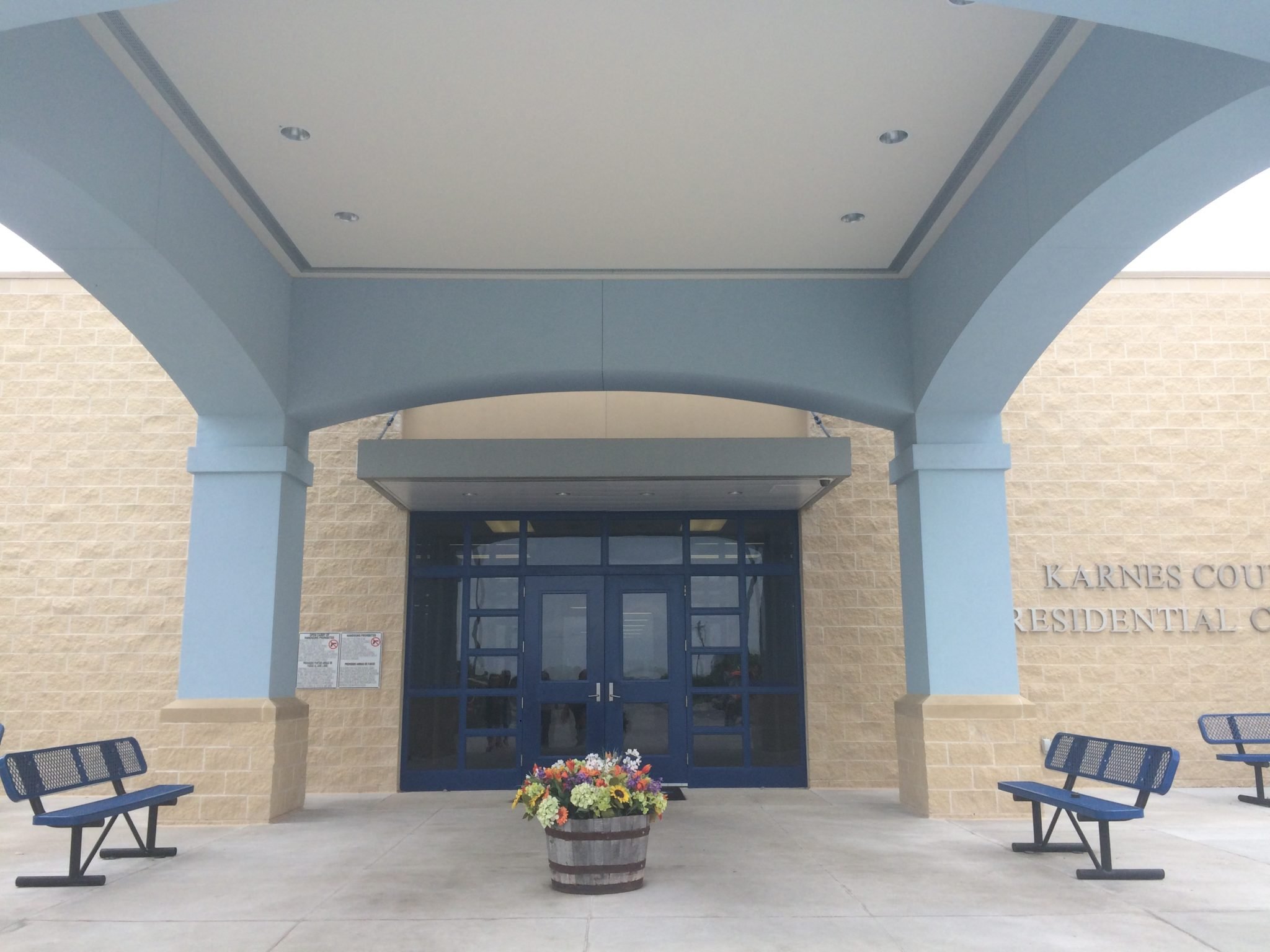On Wednesday morning, Trump administration officials announced a final rule that will allow the government to detain migrant children indefinitely in family detention centers while they and their parents await resolution of their asylum cases. Currently, kids may generally be held in such facilities for no longer than 20 days. The final rule will not be published in the Federal Register until Friday, and it won’t take effect for two months. A legal challenge is likely.
OK—so let’s take about five steps back.
In the summer of 2014, a wave of Central American minors and families was arriving at our Southern border—a trend that continues through the present. At the time, the Obama administration had virtually no capacity to hold these families. The notorious Hutto family detention facility near Austin had been converted into an all-women lockup five years prior, leaving the feds with nothing but a tiny 96-bed center in Pennsylvania. So, to the dismay of his liberal base, Obama resurrected family detention, launching a short-lived center in New Mexico and two South Texas lockups that remain today: the 830-bed Karnes County Residential Center and the 2,400-bed South Texas Family Residential Center, in Dilley.
Quickly, stories of abuse and psychological trauma began emanating from the facilities, as some families were held for months on end. Until, in the summer of 2015, a federal judge intervened.

Let’s back up one more time. Since 1997, the government’s treatment of migrant minors has been governed by a court settlement known as the Flores agreement, which sets minimum standards for things ranging from length of detention and center conditions to nutrition and healthcare. For 18 years, the agreement only applied to so-called unaccompanied minors—kids who arrived at the border alone—but in 2015, a federal judge ruled the terms apply to kids detained with their parents, too. As a result, the facilities generally had to start releasing families within 20 days—a status quo that persists to this day and that Trump views as a “loophole.”
Here’s the thing: The Flores agreement was never meant to be permanent. The courts always intended that it be replaced by law or regulation, but no administration ever followed through, leaving the decision in the hands of the most anti-immigrant president in recent history. The rule announced Wednesday would terminate and replace Flores.
While we don’t have the text of the final rule, we do have a proposed version from last September. That version of the rule would allow indefinite detention of migrant kids. It also outlines a workaround for one obstacle that the family detention centers in Texas have faced: an inability to get state licensing.
Among other things, the Flores agreement requires that kids be held in state-licensed facilities. In a bid to comply with the requirement, the feds and the private prison companies who operate Texas’ family detention centers sought state licensure—and thus, the ability to hold children indefinitely. But in 2016, Grassroots Leadership, an Austin-based group that opposes private prisons, and other groups won an injunction blocking the licenses. (The case is ongoing.) Not to be deterred, private prison giant GEO Group lobbied the Texas Legislature in 2017 for a bill that would grant them the licenses but, amid strong pushback and a generally wretched legislative session, the measure died. The rule, as proposed in September, would create a federal pseudo-licensure process, rendering the independent state process unnecessary.
The new licensure process might be challenged in court. Another question at stake could be whether the facilities qualify as “non-secure”—which is to say, sufficiently un-jail-like—another requirement of the Flores agreement. The government will need to argue that its new rule maintains the substance of the court settlement.
So now let’s game this out a bit. Currently, family detention centers are at a small fraction of their capacity. The Karnes facility is, temporarily, not holding families at all but adult women. And right now, thanks to the so-called Migrant Protection Protocols (MPP), most asylum-seeking families are being bounced back over the border anyway and will never see the inside of an ICE facility. The immediate impact of the new rule might be significant but not huge because so many migrants are being stymied from entering the country at all.
But what if something changes? For example, a large wave of asylum-seeking families from Africa, currently exempt from MPP, could arrive. Or MPP could be struck down in court after a hearing in California on October 1, and the families currently staying in Mexico as part of MPP might re-enter the U.S. to seek asylum.
In two and a half years in office, Trump has—curiously—not expanded the number of family detention centers. The same three facilities stand now that stood in late 2014. So if there’s an influx, and the administration wants to detain families indefinitely, they’ll quickly run out of space. It’s a reasonable bet that the president would then respond sloppily, with something along the lines of mass tent facilities on army bases, the sort of situation the Flores settlement always meant to prevent.
Read more from the Observer:
-
Binational Community Struggles to Help Migrants Under ‘Remain in Mexico’: In the sister cities of Matamoros and Brownsville, Trump’s new policies are straining good Samaritans.
-
More Highways, More Problems: Highway expansion is the Lone Star State’s status-quo solution to easing traffic—but it actually leads to more congestion and displaced communities.
-
Molly Ivins on Universal Health Care: Politicians have been debating and dancing around universal health care for 25 years.







